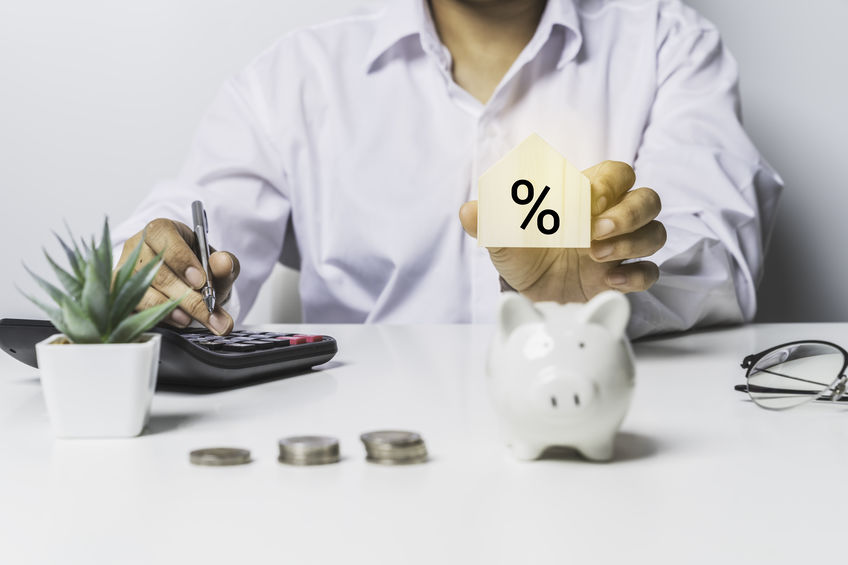How to Determine How Big of a Down Payment You Need
 Whether or not you’re new to real estate, there’s little doubt that you’ve heard the term down payment as it relates to purchasing a home. There’s a lot of different information out there in regards to how much this figure should be and it can be hard to determine exactly what the importance of this payment is. If you’re trying to determine the ideal amount to put down, here are some things to consider.
Whether or not you’re new to real estate, there’s little doubt that you’ve heard the term down payment as it relates to purchasing a home. There’s a lot of different information out there in regards to how much this figure should be and it can be hard to determine exactly what the importance of this payment is. If you’re trying to determine the ideal amount to put down, here are some things to consider.
Explaining Down Payments And Why They’re Important
The down payment is probably one of the largest single payments you’ll make for anything, and this is why so many people save for years. When you buy a home, the down payment is the amount of money that goes into the initial home investment, and this is taken off of the cost of the house. In essence, while this money qualifies as an asset, it is tied up in paying off the total cost of your home.
The Differing Amounts For Down Payments
It’s often the case that many figures are thrown around in regards to the ideal down payment percentage, and they generally vary from 3-20% of the home’s cost. If you are paying a percentage on the low side of the scale, this can unfortunately mean that you will have fewer mortgage options and will be stuck with an increased interest rate. The amount you should pay depends on your financial health and purchasing commitment, but the larger the down payment is, the more minimal your monthly payments will be.
Deciding The Perfect Percentage
Saving up 20% of a home’s total price may seem like a lot of time and effort, but this can be the ideal amount to put down. In addition to lowered monthly payments and a better interest rate, you’ll also be able to avoid Private Mortgage Insurance (PMI), which is required if you put down less than 20%. There is no right answer to the question of how much to put towards a down payment, but you may end up spending less in the long run if you can invest more in the beginning.
There are many figures thrown around when it comes to real estate, but the amount of a down payment should be economically feasible for you and enable you to make your monthly payments consistently. If you’re planning on purchasing soon and are looking for home options, you may want to contact your trusted mortgage professional for more information.

 During the past year, the housing market has been on fire. There are not a lot of houses for sale, many people are interested in moving, and there is a rising demand from the people who put off moving during the coronavirus pandemic. Furthermore, Millennial demand is picking up, which will only make the housing market even hotter. Recently, a survey found that approximately two-thirds of people who qualify for Generation Y are thinking about buying a home in the near future. Many of them have improving financial circumstances, and they are looking for a way to build wealth and settle down.
During the past year, the housing market has been on fire. There are not a lot of houses for sale, many people are interested in moving, and there is a rising demand from the people who put off moving during the coronavirus pandemic. Furthermore, Millennial demand is picking up, which will only make the housing market even hotter. Recently, a survey found that approximately two-thirds of people who qualify for Generation Y are thinking about buying a home in the near future. Many of them have improving financial circumstances, and they are looking for a way to build wealth and settle down.  If you are looking for a way to diversify your investments while also making it easier to go on vacation, you may have thought about purchasing a vacation home. Saving up enough money for one house was already hard enough, so how are you going to save up money for a second house? If you have owned your primary residence for a while, you might be able to take out a home equity loan. Then, you could use this to purchase a vacation house.
If you are looking for a way to diversify your investments while also making it easier to go on vacation, you may have thought about purchasing a vacation home. Saving up enough money for one house was already hard enough, so how are you going to save up money for a second house? If you have owned your primary residence for a while, you might be able to take out a home equity loan. Then, you could use this to purchase a vacation house.